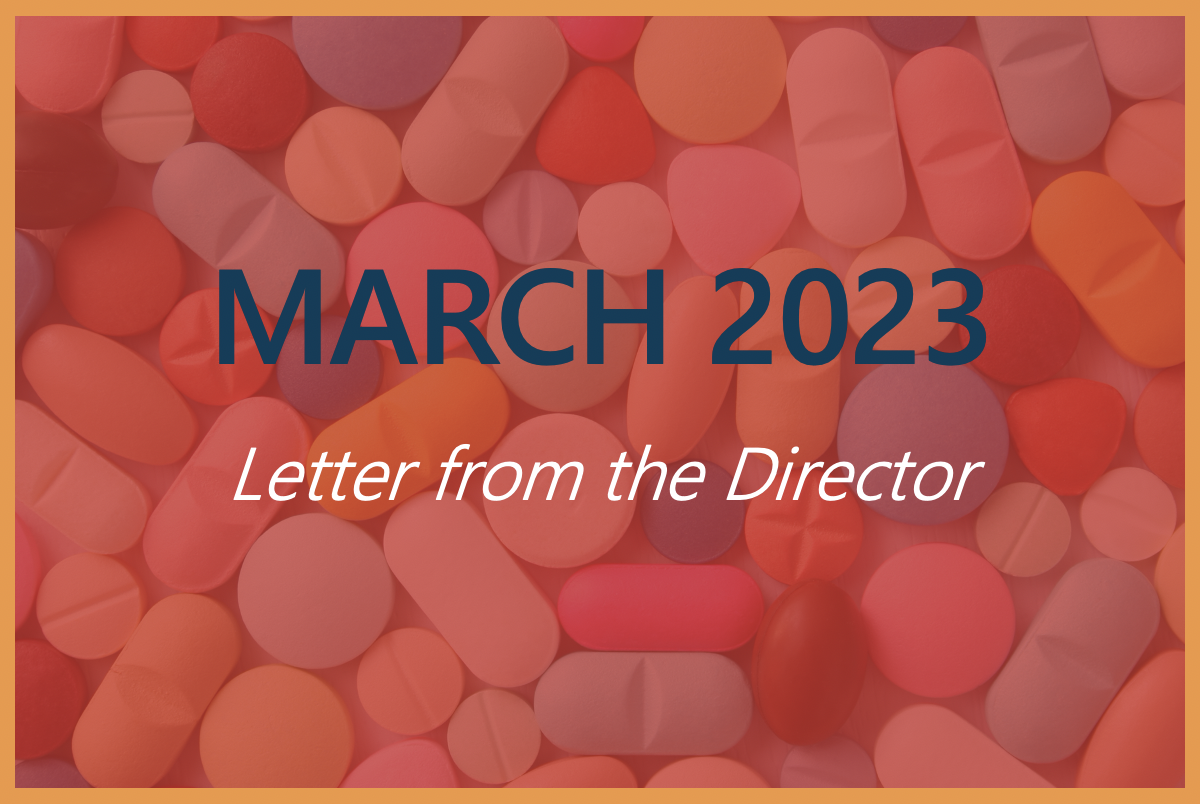Obesity is a complex, chronic disease that is multifaceted in its causes, which include genetic predisposition, physical activity levels, diet, and environmental influences. One possible contributing factor that is often overlooked is medication-induced weight gain. Weight gain caused by prescription medications that result in obesity is known as iatrogenic obesity. Many commonly used medications cite weight gain as a frequent side effect. Research has found that patients taking certain prescription medications gained weight ranging from a few pounds to 10% or more of their body weight.
Classes of medications that are commonly prescribed and are known to cause weight gain include antipsychotics, steroids, diabetes medications, antidepressants, and more. Each type of medication is recorded to have different impacts on weight, with certain antipsychotics potentially causing the largest amount of weight gain for patients, up to 34 pounds. The following comprehensive chart was developed with public health guidance and expertise by Lisa Huang PharmD, MPH and Gavin O’Brien PharmD.
Each class of medication may trigger weight gain through different mechanisms. Some medications stimulate a patient's appetite. Others affect the metabolic rate which may cause weight gain without changing dietary habits. Some medicines influence how the body stores and absorbs sugar and other nutrients. This multitude of mechanisms might make it more difficult for a patient and their provider to understand why they are gaining weight and how to manage the weight gain, further increasing their risk of developing overweight or iatrogenic obesity.
Weight gain from prescription medications also increases the risk of a multitude of other complications, including metabolic syndrome, type 2 diabetes, and cardiovascular disease. Medication-induced weight gain can also contribute to medication nonadherence, further perpetuating a patient’s original health concern.
Weight gain caused by antidepressants is especially important to consider in obesity care. It is well documented that obesity and depression often perpetuate the severity of the other condition. Depression is a risk factor for obesity and obesity is a risk factor for depression, particularly for women. Selective serotonin reuptake inhibitors (SSRIs) are the most commonly prescribed antidepressants in the United States. This class of medications includes Sertraline, Citalopram, and Nortriptyline, all of which are known to potentially cause weight gain. To properly care for patients with overweight and obesity, providers need to carefully consider the implications of prescribing these common antidepressants to avoid a cycle of perpetuating obesity and depression. Weight gain as a side effect warrants close attention and possible additional intervention from providers to minimize the health impact.
It is crucial that providers consider the side effects of weight gain when prescribing medications to their patients. In the STOP Obesity Alliance’s Proposed Standard of Obesity Care for All Providers and Payers, one of the proposed standards for clinical providers is to minimize the use of medications that cause weight gain and preferentially consider medications that are weight neutral or are associated with weight loss for patients. If a patient is struggling with their weight, they should be able to rely on their provider to prescribe medications that are beneficial to all aspects of their health and avoid further weight gain.



